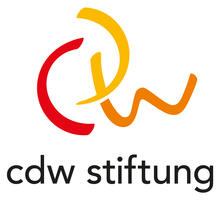How could the deployment of energy storage support the integration of solar energy?
This workshop deals with the question how the deployment of energy storage could support the integration of solar energy. After a general introduction by Teun Bokhoven, it will take a closer look at three different tasks:
- Task 35 “Flexible Sector Coupling”(Beatrice Schulz, BVES)
- Task 39 “Large Thermal Energy Storages for District Heating”(Wim van Helden, AEE Intec)
- Task 41”Economic Evaluation of Energy Storage” (Andreas Hauer, BVES)
Task 35 “Flexible Sector Coupling” (Beatrice Schulz, BVES)
In order to increase the share of renewable electricity in the overall energy system, renewable electricity could be distributed to other sectors, mainly the heating/cooling and the mobility sector. Within this distribution process, energy storage capacities shall be introduced. This “flexible” sector coupling by energy storage implementation” delivers the following advantages:
- Energy storages are able to increase the share of renewable electricity in other sectors like heating/cooling and mobility sector.
- Energy storage can provide flexibility to all sectors (‘renewables on demand’).
Task 39 “Large Thermal Energy Storages for District Heating” (Wim van Helden, AEE Intec)
Thermal Energy Storage is a key enabling technology for a realisation of a carbon neutral energy system. District Heating (DH) is a mature technology for the heating of the built environment, especially in large cities. Large-scale Thermal Energy Storage systems are necessary to further decarbonise the DH systems and to enable a more flexible operation.
Task 41” Economic Evaluation of Energy Storage” (Andreas Hauer, BVES)
This Task tries to contribute to a better understanding of how a certain value is created from a certain benefit of an energy storage technology or system and how this can be translated into a business case in a systematic way. The following points shall be developed:
- Collection of methods to evaluate the economic viability of energy storage systems
- Definition of KPIs to evaluate the energy storage economics
- Inventory of economically interesting energy storage configurations
- Inventory of “difficult cases” without a business case
- Comparison of energy storage configurations to solutions with other flexibility measures
- Analysis of the influence of regulatory framework conditions
Speakers
Teun Bokhoven
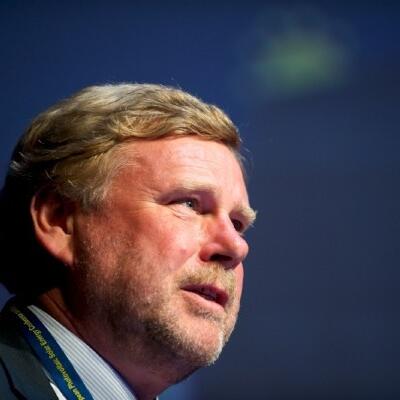
Teun Bokhoven is Chair of the Executive Committee of the IEA, Energy Storage -TCP (Technology Collaboration Program) since 2016. He is also Chairman of the board of TKI Urban Energy, one of the “Top-consortia Knowledge and Innovation” within the Dutch energy innovation program. The TKI’s (public/private partnership) major role is to facilitate innovation and RDD activities within the domain of urban energy (solar, heat pumps, energy savings, storage, smart grids and integrated solutions). Moreover, Teun Bokhoven is the leader of the executive operations on Dutch Climate Policies for the build environment commissioned by the Dutch Government. He is trained as engineer and studied business administration in the USA. He has a background as entrepreneur (construction and international renewable energy companies) and as executive in national and international listed companies related to renewable energy. Moreover, he is (co) founder and board member / chair of industry trade associations such as Holland Solar, European Solar Industry Federation and DE Koepel/NVDE (Renewable Energy Association of the Netherlands).
Andreas Hauer
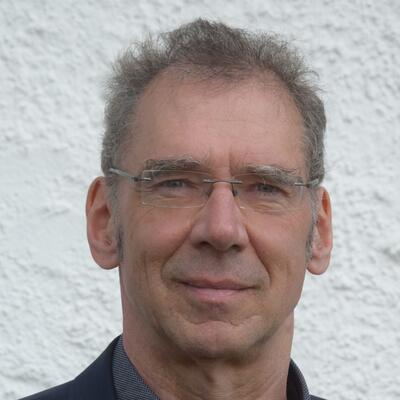
Dr. Andreas Hauer, born January 1962, studied Physics at the Ludwig-Maximilians-University in Munich, Germany. He made his PhD at the technical University in Berlin. Now is Head of the Division “Energy Storage” at the Bavarian Center for Applied Energy Research, ZAE Bayern, with about 80 employees. There he is responsible for a number of national and international research projects focussed on thermal and electrical energy storage, thermal driven heat pumps / chillers for industrial and building applications and solar thermal collectors. Dr. Hauer is an international known expert on energy storage in general and specialized on thermal energy storage. He is member of the Executive Committee of the Energy Storage Programme within the International Energy Agency IEA. At the moment he is leading working groups on material development for thermal energy storage and on “Flexible Sector Coupling by the Implementation of Energy Strorage” within the technology network of the IEA. On the national level he is member of the board of directors of the 2012 established Bundesverband Energiespeicher (BVES), German Energy Storage Association. In this position he is responsible for R&D activities within the association.
Beatrice Schulz
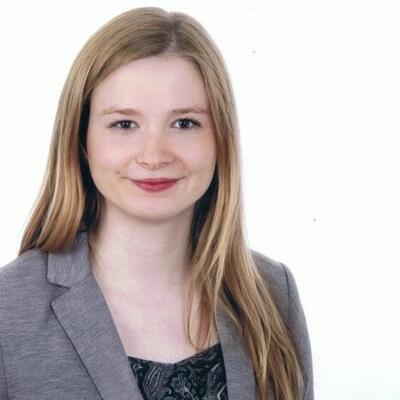
Beatrice Schulz is Head of Technology and Markets at the Energy Storage Systems Association (BVES), which she joined in April 2020. She is holding degrees in Economics (B.Sc.) and Industrial Economics (M.Sc.) from Technical University of Berlin. During her studies she specialized in environmental and energy economics.
Wim van Helden
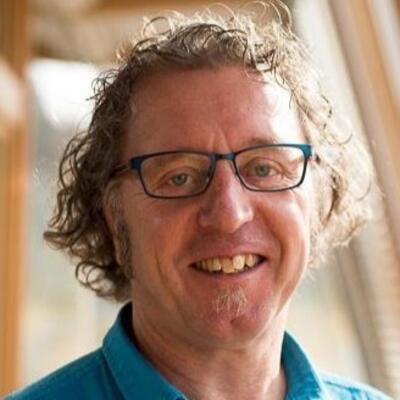
Wim van Helden is leading the Technology Development department at AEE INTEC (AEE Institute for sustainable technologies). He is an expert in thermal energy storage, solar thermal technologies and other renewable technologies. Moreover, he is coordinator of national and international R&D projects as well as prime contributor to international R&D programming in renewable heating and cooling.

